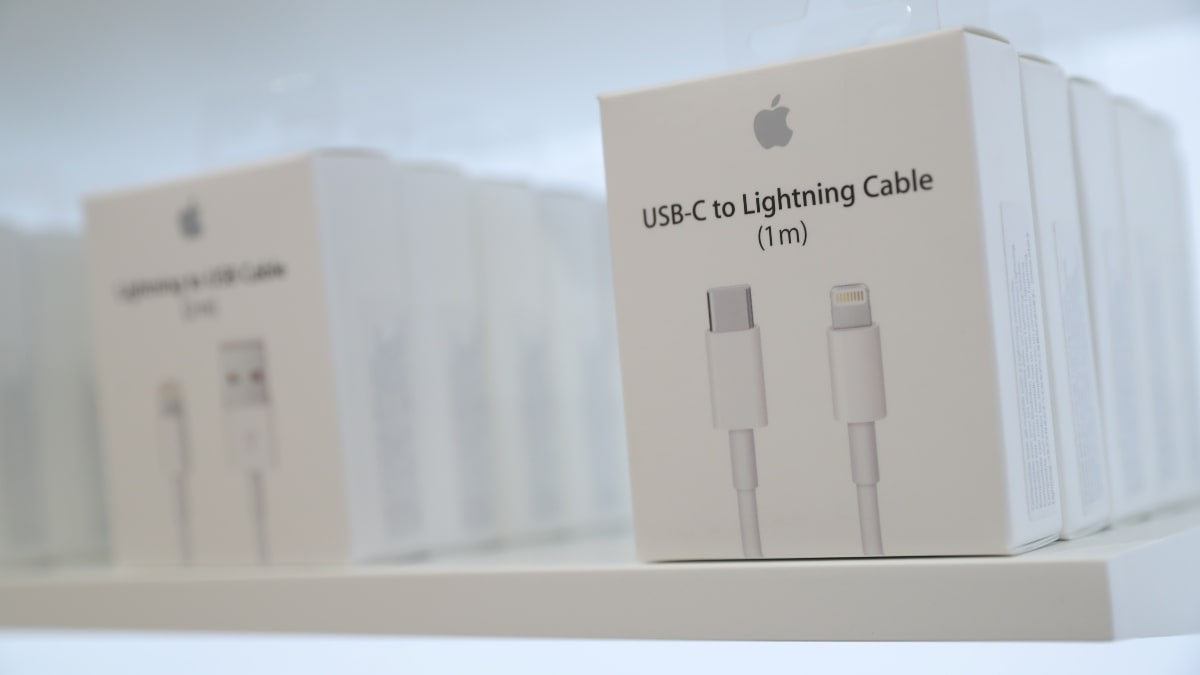
The European Parliament approved new rules on Tuesday that will introduce in the European Union a single charging port for mobile phones, tablets and cameras by 2024, a world first that is expected to affect iPhone maker Apple more than its rivals.
The vote confirms an earlier agreement among EU institutions and will make USB Type-C connectors used by Android-based devices the EU standard, forcing Apple to change its charging port for iPhone models and other devices.
Among big providers of electronic devices to European customers, Apple is expected to be among the most affected, but analysts also expect a possible positive impact because it could encourage shoppers to buy the company’s latest gadgets instead of ones without USB Type-C.
The deal also covers e-readers, earbuds, and other technologies, meaning it may also have an impact on Samsung, Huawei, and other device makers, analysts said.
Apple, Samsung, and Huawei were not immediately available for comments.
Apple has in the past warned that the proposal would hurt innovation and create a mountain of electronics waste.
EU lawmakers supported the reform with a large majority, with 602 votes in favour and only 13 against.
The change had been discussed for years and was prompted by complaints from iPhone and Android users about having to switch to different chargers for their devices.
The European Commission has estimated that the single charger would save about EUR 250 million (roughly Rs. 2016 crore) for consumers.
Half the chargers sold with mobile phones in 2018 had a USB micro-USB connector, while 29 percent had a USB Type-C connector and 21 percent had a Lightning connector, which is used by Apple, a 2019 Commission study showed.
© Thomson Reuters 2022



